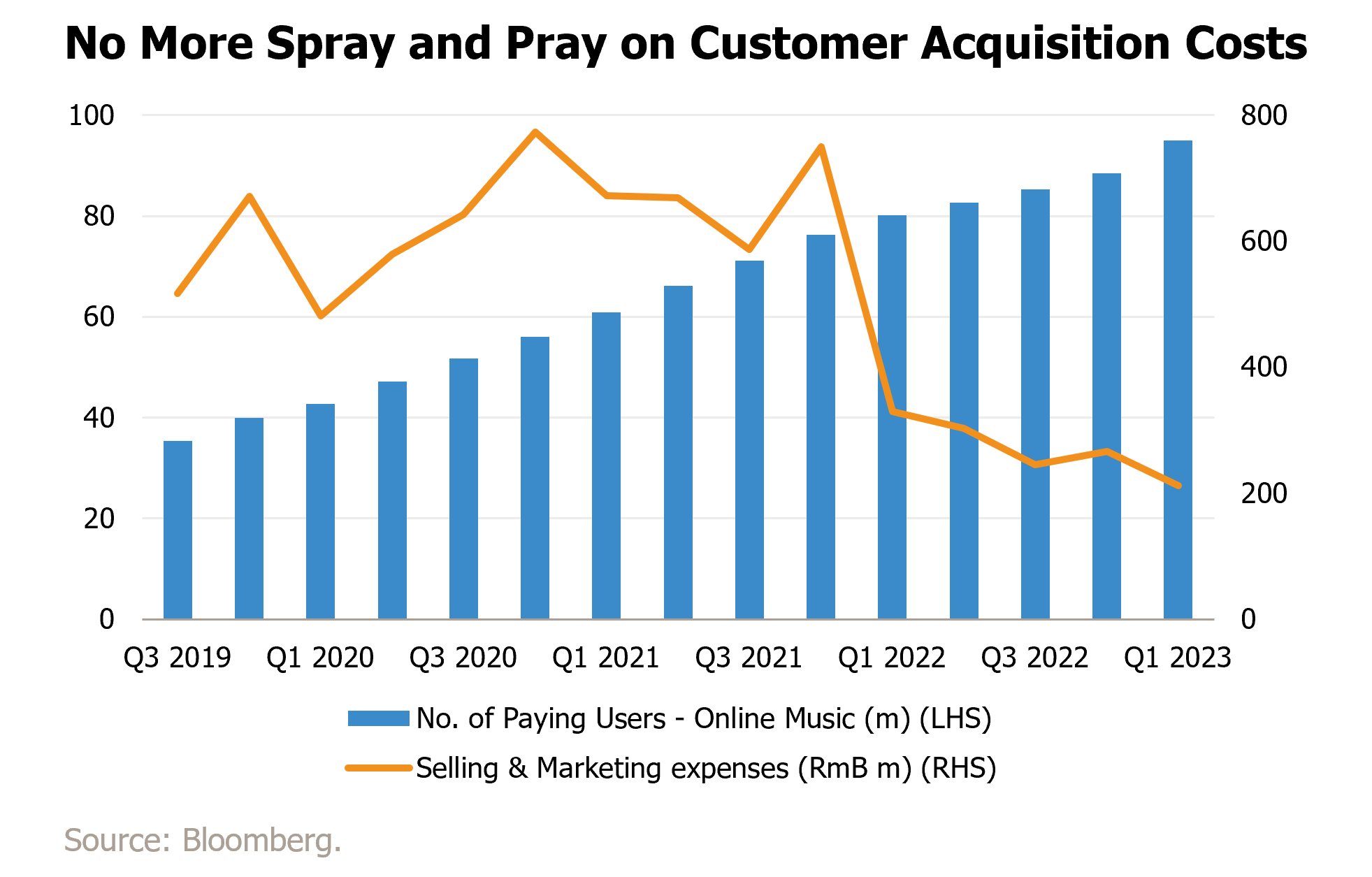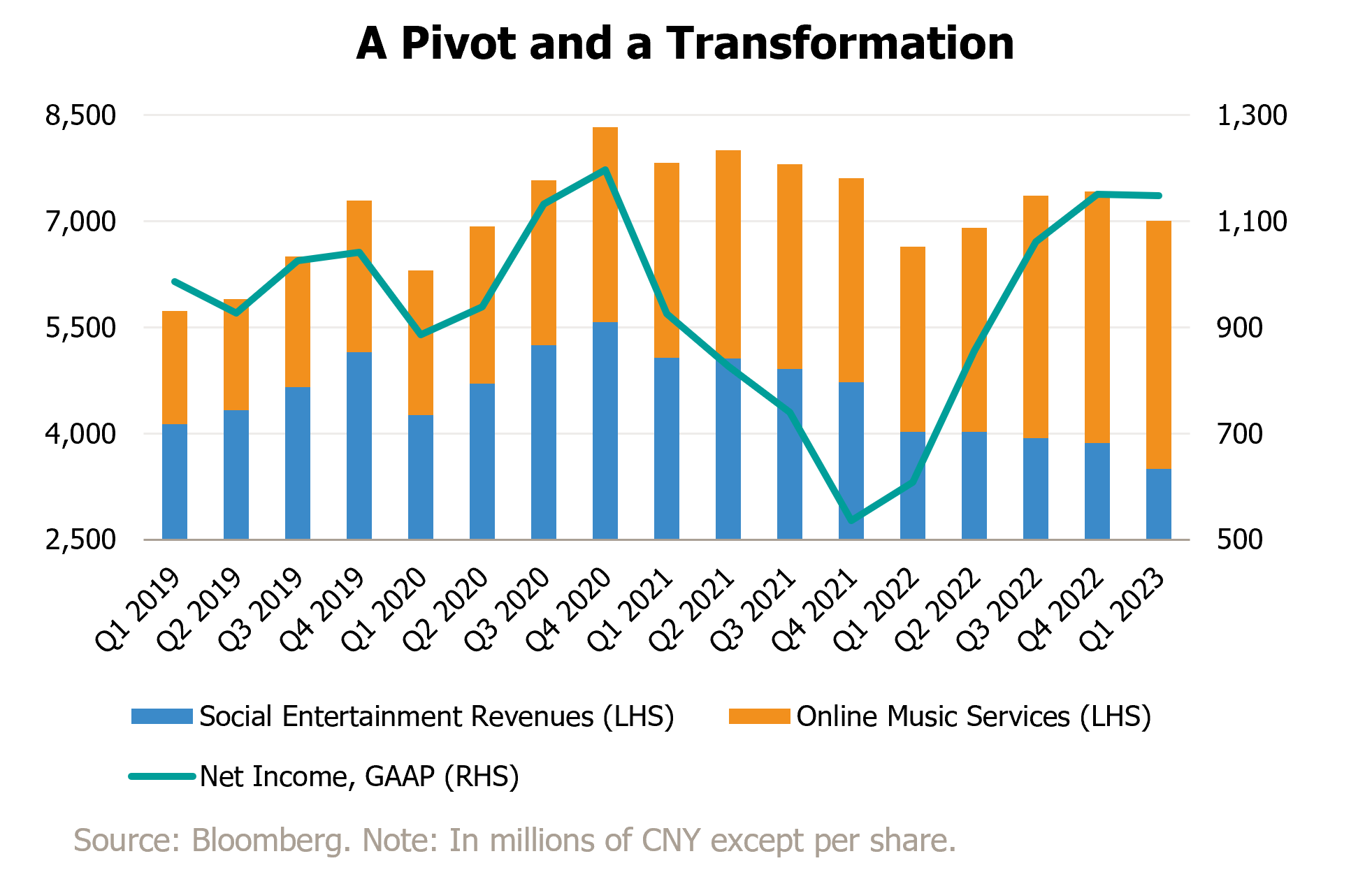What China can learn from Japan
I recently returned refreshed from a two-week trip to Iceland. Verklempt. No other word describes the pristine natural beauty, staggeringly vast landscapes, a luxuriant ruggedness, the hardiness of its people and the ever-changing effects of nature on a unique island.
Iceland’s glaciers are retreating rapidly. Yet that pace seems slow – even glacial – in comparison to the manic rollercoaster in financial markets. Euphoria, crisis, gloom, FOMO, confusion, all within less than a year. If anything, last year is another reminder that making predictions on where the economy is headed is futile.
In similar light, China’s economy and the stock market have belied expectations this year. Beijing’s lifting of its draconian Covid restrictions late last year raised hopes of a return to growth for the Chinese economy. I too am disappointed by the country’s mixed performance. Not that my expectations were of a sustained and robust recovery. After all, Chinese authorities did not indulge in any meaningful stimulative measures during or after Covid; definitely not for consumers. Yet, my working assumption for 2023 was like a rubber band returning to a natural state after a vigorous stretch. In 2022, a self-inflicted wound of shutdowns curtailed economic activity which I presumed had to normalise.
Increasingly, China’s long-term outlook does bear shades of similarity to Japan after their big bubble burst in 1991 (see What China can learn from Japan). China delivered decades of supernormal growth, funded to a large extent by debt, resulting in a property bubble which is deflating. Over the next decade or more, we should expect China’s GDP growth to be significantly lower than in the past.
However, the quality of the growth in certain sectors will be materially better when better managed companies recognise what is ahead of them. As corporate goals shift from ‘growth at any price’ to managing for better cash flows and returns on capital, opportunities open up for us to own the right stocks. That is how I have positioned my portfolio. Companies in sectors with concentrated market shares typically with pricing power and better still, most of them focused on cutting costs while generating free cash flows without affecting growth prospects.
Tencent Music Entertainment (TME) is one of the bigger holdings in our portfolio. To some extent, it resembles Spotify. TME has already reoriented its management objectives. When money was cheap and abundant, and markets demanded growth (not profitability) TME spent aggressively on user acquisition. Just as an example, in 2020/21, TME spent per quarter, approximately 650m RMB (US$100m) in selling and marketing expenses. By the first quarter of 2023, that spend was reduced to RMB225m (US$35m). That is a dramatic cut. Yet the number of net paying customers is at the highest that they’ve ever had (around 95 million), having grown 15% over the past year.

Even more remarkable is the business transformation during the past three years. As a younger business, the first quarter of 2019, of TME’s RMB5.7b quarterly revenues, 72% came from ‘Social Entertainment Services’ while just 28% (Rmb1.6b) from online music subscriptions (like Spotify). Social entertainment referenced karaoke and user generated content. That was a growing and immensely profitable trend yet came in conflict with the Communist Party’s ideological bent of mind. The ensuing crackdown on online content meant not just an abrupt slowdown but necessitated a pivot to growing online subscriptions. Which is what TME have admirably achieved in light of many challenges we know about in China. Total quarterly revenues in first quarter 2023 were RMB7b (22% higher than in first quarter 2019) of which 50% now comes from online music subscriptions, growth of 210% compared to the same period in 2019.

With reasonably large annual free cash flows, management is doing what we as minority shareholders expect from any well managed firm – to return excess cash when not needed. TME completed a US$1b buyback and recently announced another US$500m additional buybacks. They have a net of US$3.5b cash on hand and by my estimates they might generate around US$750-800m of free cash every year. The business trades at an enterprise value of about US$9 billion, which in my opinion is undervalued. Tencent the parent owns 54% of TME. If in 12-24 months, this stock does not trade at fair multiples, would Tencent be tempted to take it private?
If we take out the uncertainty infecting the Chinese market, and the deep issues affecting its economy, Tencent Music is a good investment.
Disclaimer
Professional investors only. This is a marketing communication. Please refer to the fund prospectus and to the KIID / KID before making any final investment decisions. The investment promoted concerns the acquisition of shares in a fund or the investment strategy and not the underlying assets. Past performance is no guarantee of future performance. The value of an investment and the income from it can fall as well as rise as a result of market and currency fluctuations and you may not get back the amount originally invested. The information contained herein including any expression of opinion is for information purposes only and is given on the understanding that it is not a recommendation. The information in this article does not constitute, or form part of, any offer to sell or issue, or any solicitation of an offer to purchase or subscribe for any funds or strategies described in this article; nor shall this article, or any part of it, or the fact of its distribution form the basis of, or be relied on, in connection with any contract.
Source: JOHCM (unless otherwise stated.)
For a better experience, we recommend viewing this website in landscape orientation.